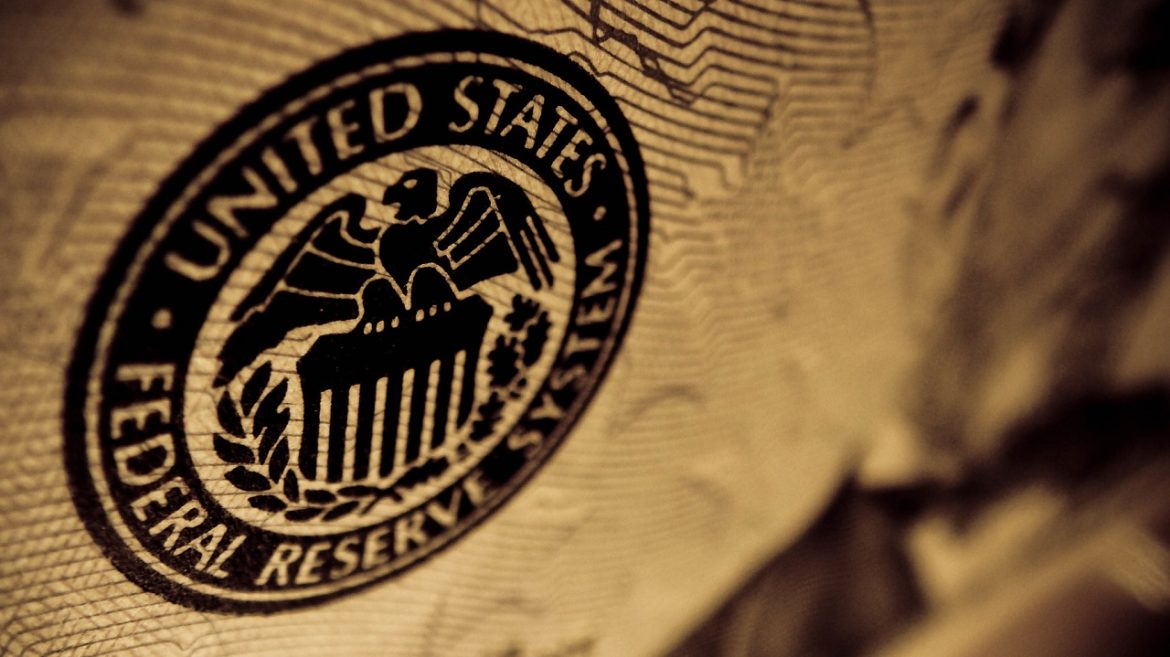Gold has all the potential to go unprecedentedly high. But silver will be gold on
Site:
Precious metals news
The inflation, energy and security shocks walloping the world economy are driving a kind of government intervention in markets last seen in the 1970s.
he global inflation crisis has hit Americans’ wallets hard — but its consequences have been even graver for large swaths of the world. According to a report last month from the World Bank, food in many countries is now 10 to 30 percent more expensive than it was a year ago.
Sep 8, 2022 - 07:16:28 PDT
In a free market economy, price inflation and deflation will happen naturally, and market forces will ultimately restore order. However, in 2022, we live in a society completely detached from a free market, and the fact that we are seeing consistent, devastating inflation and monetary debasement is entirely a product of our ruling class. It doesn’t take a PhD in Austrian economics...
Referring to former Fed chair Paul Volcker's battle against inflation in the early 1980s, when Fed policy triggered a recession and the unemployment rate topped 10%, Powell said in comments at a Cato Institute conference Volcker was trying to uproot years of rising inflation expectations. Volcker "followed several failed attempts," to lower inflation, Powell said.
Sep 8, 2022 - 06:01:50 PDT
Federal Reserve Chair Jerome Powell speaks at Cato Institute's 40th Annual Monetary Conference.
The number of Americans filing for first time unemployment benefits dropped to 222k last week, dragging the 4-week average lower - the lowest level since the start of June. Notably non-seasonally-adjusted initial claims remain very modestly off record lows...
Gold struggled for momentum on Thursday as investors refrained from taking big positions ahead of a European Central Bank policy decision and comments from the Federal Reserve chairman.
The world’s original and longest-running experiment in negative interest rates will finally end this week as Denmark raises borrowing costs in tandem with the euro zone.
US stocks could slide a further 25% if the economy tips into recession, with risks to a sustained equity rally mounting, according to Deutsche Bank AG strategists.
European stocks and corporate bonds have taken a beating this year. Investors might still be in denial about how much worse it could get.
 Goldman Sachs Expects Home Prices Will Fall in 39% of U.S. Cities Next Year
Goldman Sachs Expects Home Prices Will Fall in 39% of U.S. Cities Next YearSep 8, 2022 - 05:34:27 PDT
Goldman Sachs expects home prices will fall in nearly half of U.S. metros next year as mortgage rates pressure affordability in many cities.
The U.S. unemployment rate may need to reach as high as 7.5%, double its current level, to end the country's outbreak of high inflation, according to new estimates from a team of researchers including two staff economists from the International Monetary Fund.
President Joe Biden is holding back on a decision to scrap any Trump-era tariffs on China imports, while the administration studies ways to help businesses seeking relief, according to people familiar with the matter.
 ECB Intensifies Inflation Fight With Historic Jumbo 0.75 Rate Hike, Faces Recession
ECB Intensifies Inflation Fight With Historic Jumbo 0.75 Rate Hike, Faces RecessionSep 8, 2022 - 05:22:41 PDT
The European Central Bank (ECB) raised interest rates by 0.75 percentage points Thursday, the biggest single hike since it began setting monetary policy in 1999.
Goldman Sachs expects a steeper path for U.S. rate rises and a 75 basis point hike this month, as Federal Reserve officials have been sounding hawkish recently, the investment bank's analysts said in a note. The analysts also raised their November forecast from 25 bps to 50 bps and see the Fed Funds rate window at 3.75-4% by year's end. "Fed officials have sounded hawkish...
Wall Street's main indexes climbed the most in about a month on Wednesday as bond yields retreated after a recent surge that was driven by expectations of hawkish central bank policies. Hawkish remarks from Fed officials and recent data signaling strength in the U.S. economy have pushed money markets to bet on an 80% chance that the Fed will hike interest rates by another 75 basis points at this month's meeting.
The Treasury added $341B of debt in August. This was the largest increase in the debt since January and is more than 10 times larger than the increase in July. Another major occurrence was the increase in short-term debt. The Treasury increased Bills by $210B, the largest increase since June 2020. This is a move that runs counter to the recent months where the Treasury has been actively decreasing short-term holdings.
The trade deficit fell in July to -$70.7 billion. It was the fourth straight month of drops. While the deficit continues to fall from all-time highs, it is very large relative to deficits prior to 2022. Despite the large 33% fall from the -$107 billion in March, the current deficit would have been an all-time record as recently as last June. It is also larger than July 2021.
Everybody knows that the best time to shop is during a big sale. Well, with a spot price under $19 an ounce, silver is a bargain.For the next week, you can take advantage of the lowest silver spot price in years, and we’ll even sweeten the deal with free silver with qualifying orders.
What happens if the Federal Reserve loses money?The Fed typically earns interest income from all of the bonds it holds on its balance sheet. It also collects fees for services that it provides. Most of any Fed operating profit is remitted to the US Treasury under federal law. That money becomes part of the federal government's operating budget. In other words, the central bank serves as a revenue source for Uncle Sam.

























